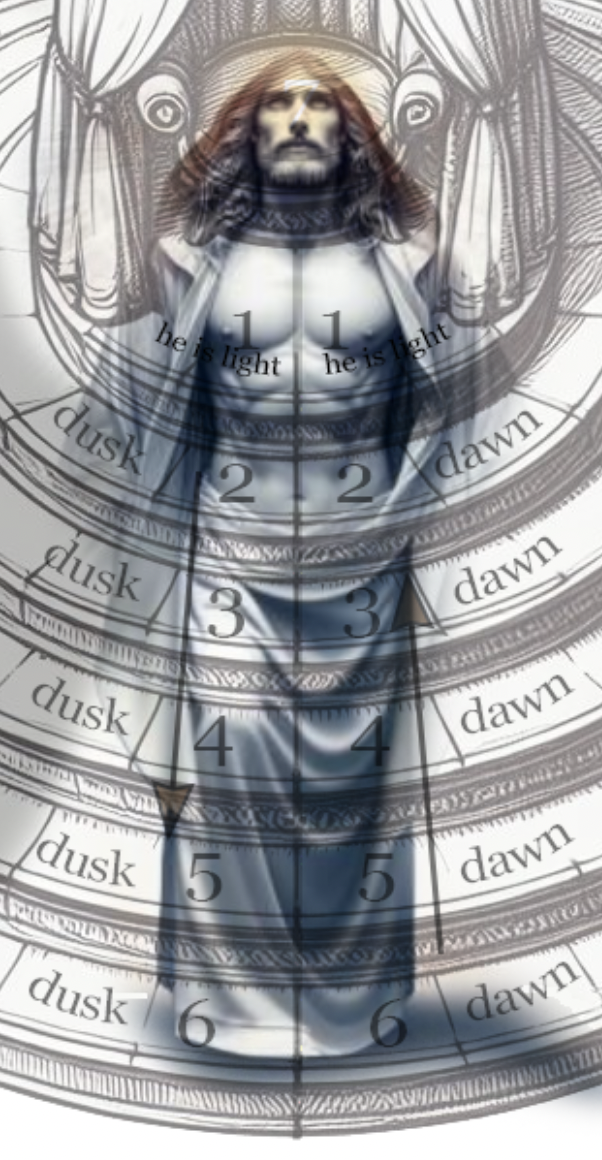 John 6:71
John 6:71

|
Strongs 2036
[list] Λογεῖον Perseus elegen ἔλεγεν was/kept saying V-IIA-3S |
|
Strongs 1161
[list] Λογεῖον Perseus de δὲ and Conj |
|
Strongs 3588
[list] Λογεῖον Perseus ton τὸν the Art-AMS |
|
Strongs 2455
[list] Λογεῖον Perseus Ioudan Ἰούδαν Judas N-AMS |
|
Strongs 4613
[list] Λογεῖον Perseus Simōnos Σίμωνος Hearing N-GMS |
|
Strongs 2469
[list] Λογεῖον Perseus Iskariōtou Ἰσκαριώτου Iscariot N-GMS |
|
Strongs 3778
[list] Λογεῖον Perseus houtos οὗτος this one DPro-NMS |
|
Strongs 1063
[list] Λογεῖον Perseus gar γὰρ for Conj |
|
Strongs 3195
[list] Λογεῖον Perseus emellen ἔμελλεν was destined V-IIA-3S |
|
Strongs 3860
[list] Λογεῖον Perseus paradidonai παραδιδόναι to hand over V-PNA |
|
Strongs 846
[list] Λογεῖον Perseus auton αὐτόν himself PPro-AM3S |
|
Strongs 1520
[list] Λογεῖον Perseus heis εἷς one Adj-NMS |
|
Strongs 1537
[list] Λογεῖον Perseus ek ἐκ from out Prep |
|
Strongs 3588
[list] Λογεῖον Perseus tōn τῶν the Art-GMP |
|
Strongs 1427
[list] Λογεῖον Perseus dōdeka δώδεκα twelve Adj-GMP |
Judas "Man of the Cities"
And he kept speaking of the Caster of Hearer Man-of-Cities [Judas of Simon Iscariot],75b for this one was destined to hand over himself, one, from out of the Twelve.
"broken pieces/bones" or "hours" before "one", the seventh one (also called a single "bone of the Day").
"I became quiet and he is breaking me up and he has grasped me in the neck and is dashing me to pieces and is standing me up to himself, to the guardhouse." (Job 16:12 RBT)
"I strike under the eye [black-eye] of myself the body and enslave, lest how myself having preached to others I might become unapproved/rejected." (1 Corinthians 9:27 RBT)
None
But He spoke of Judas Iscariot, Simon's son, for this one was about to betray Him, being one of the Twelve.
He spoke of Judas the son of Simon Iscariot, for he, one of the twelve, was going to betray him.
Footnotes
| 75b | Man of the Cities "Ish-Qiryot" There are a few various words for "city in the Hebrew, each with their own etymological connotation:
|